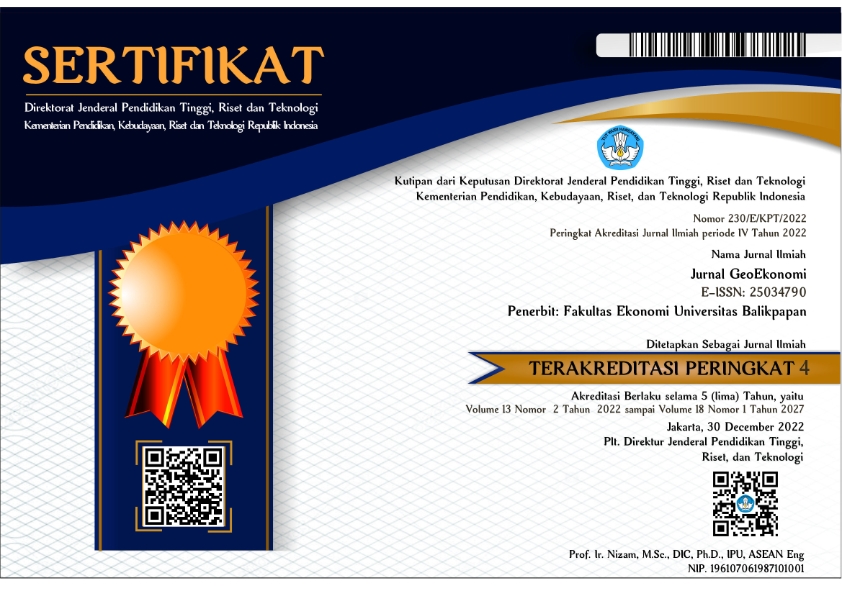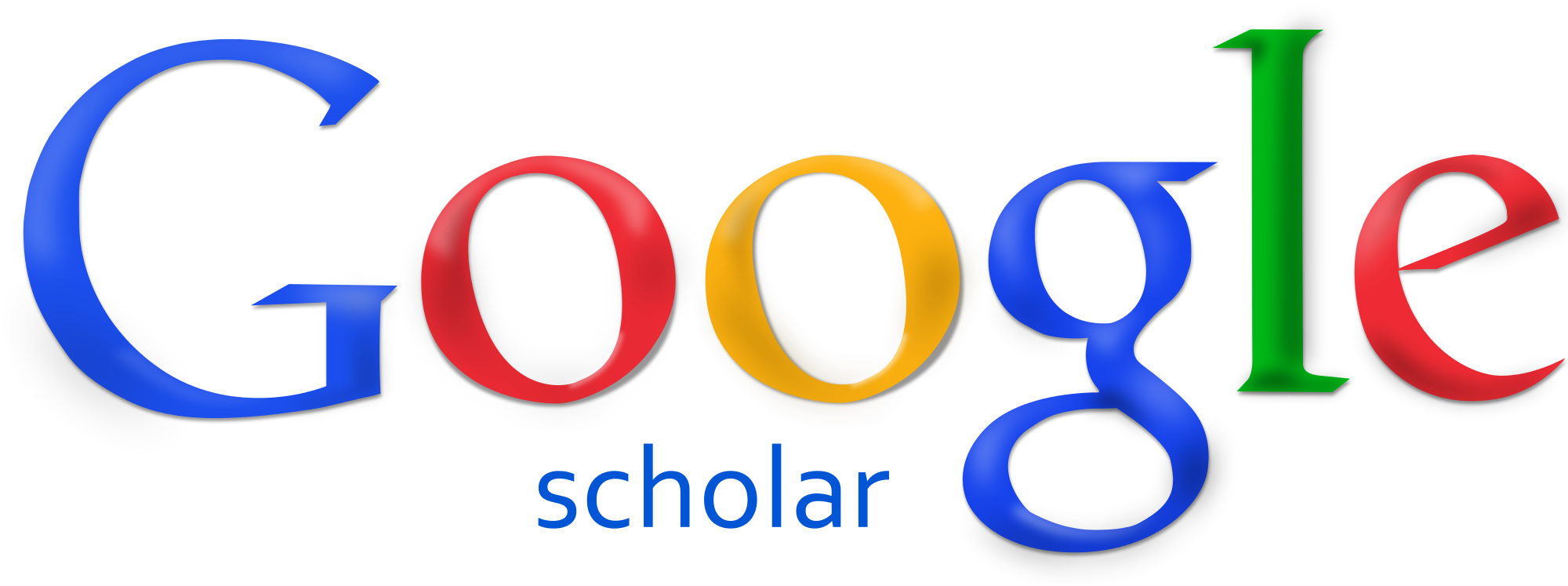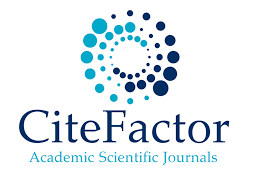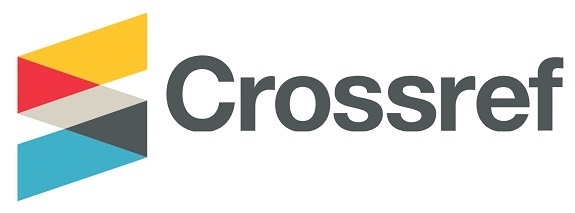TANTANGAN PROFESI AKUNTAN DI ERA SOCIETY 5.0; INTEGRASI INOVASI ARTIFICIAL INTELLIGENCE (AI) DAN INTERNET OF THINGS (IoT) DALAM AKUNTANSI
DOI:
https://doi.org/10.36277/geoekonomi.v15i1.2024.447Keywords:
Akuntansi, Akuntan, Artificial Intelligence, Internet of things, society 5.0Abstract
Penelitian ini bertujuan untuk mengeksplorasi tantangan yang dihadapi profesi akuntan dalam era Society 5.0, khususnya terkait dengan inovasi teknologi digital artificial intelligence (AI) dan internet of things (IoT). Penelitian menggunakan pendekatan kualitatif deksriptif dan induktif, dengan metode analisis, yaitu analisis sekunder dan analisis studi referensi/pustaka. Teknik pengumpulan data dengan cara mengakses dan mengumpulkan data melalui database online dari sumber-sumber yang teridentifikasi; seperti ebook, ejournal (artikel-artikel penelitian), dokumen elektronik, dan sumber informasi lainnya yang relevan dengan judul penelitian. Hasil penelitian menyimpulkan bahwa profesi akuntan menghadapi berbagai tantangan di era society 5.0 yang didorong oleh perkembangan teknologi digital kecerdasan buatan artificial intelligence (AI) dan internet of things (IoT), yaitu: profesi akuntan berpotensi mengalami kerentanan dan harus beradaptasi dengan perkembangan zaman, perlu mengembangkan keterampilan digital agar dapat memahami dan menggunakan teknologi terkini, pemahaman tentang big data, analisis data, dan penggunaan perangkat lunak akuntansi yang terintegrasi. Akuntan harus memahami dan menguji prototipe teknologi baru dan memahami bagaimana teknologi ini dapat diterapkan dalam praktik akuntansi seperti blockchain, machine learning, dan robotika. Akuntan perlu mengikuti pendidikan yang bersertifikasi secara internasional dan relevan, untuk membantu memahami standar akuntansi global dan mengikuti perkembangan terbaru. Akuntan harus responsif terhadap perubahan dalam industri, bisnis, dan teknologi. Lembaga pendidikan perlu mengembangkan kurikulum yang berbasis pada kemampuan manusia-digital untuk pemahaman tentang teknologi dan keterampilan yang relevan di era digital. Dengan mengatasi tantangan-tantangan tersebut, maka para akuntan akan dapat berkontribusi pada keberhasilan society 5.0 dan memastikan keberlanjutan profesi akuntansi di masa depan.
Downloads
References
Alghafiqi, B., & Munajat, E. (2022). Dampak Teknologi Artificial Intelligence Pada Profesi Akuntansi . BAKI; Berkala Akuntansi dan Keuangan Indonesia, 140-159.
Binus University. (2023). Tren Teknologi Terbaru yang Mengubah Wajah Dunia Akuntansi. Jakarta: Binus University School of Accounting.
Binus University. (2024). IoT dalam Acccounting. Jakarta: Binus University School of Accounting.
Binus University. (2024). The Impact of Internet of Things (IoT) in Accounting Sector. Jakarta: Binus University School of Accounting.
Dwi. (2023, Agustus 29). Profesi Akuntansi di Era 5.0: Tantangan dan Peluang. Retrieved from Damirich Blog: https://blog.damirich.id/profesi-akuntansi-di-era-5-0-tantangan-dan-peluang/
Frey, C., & Osborne, M. (2017). The Future of Employment: How Susceptible Are Jobs to Computerization? Technological Forecasting & Social Change. Science Direct, 254-280. Retrieved from Tempo.
Grady, P. (2017). Teori Akuntansi (Terjemahan). Jakarta: Erlangga.
Harahap, S. S. (2018). Analisis Kritis Atas Laporan Keuangan. Cetakan ke-14. Jakarta: Rajawali Pers.
Harrison, W. T. (2018). Financial Accounting. 11th Ed . London: Pearson.
IFAC. (2019). The Global Accountancy Profession’s Call to Action for G20 Leaders: Accounting on Society 5.0. New York: The International Federation of Accountants (IFAC).
Impact, T. (2023, November 1). Akuntan: Tugas, Jenis Profesi, dan Skill yang Harus Dimiliki. Retrieved from impact: https://www.impactfirst.co/id/c/akuntan-adalah-definisi-jenis-dan-tugas
Kieso, D. E., Weygandt, J. J., & Warfield, T. D. (2010). Intermediate. Accounting. Thirteenth Edition (Terjemahan). Jakarta: Erlangga.
Maulidya, S., N Nurdin, A., Rohmadani, F., & Pandin, M. Y. (2023). The Role of Digital Accountant 5.0 Towards The Accountant Profession. EconPapers, 50-62.
Moedasir, A. (2022, Februari 1). Profesi Akuntan, Fungsi, dan Tugasnya. Retrieved from majoo: https://majoo.id/solusi/detail/profesi-akuntan
Munawir, S. (2014). Analisis Laporan Keuangan. Yogyakarta: Liberty.
Nancy, Y. (2023, September 24). Ekonomi Akuntansi. Konsep-konsep Dasar Akuntansi dan Penjelasannya. Retrieved from Tirto.id: https://tirto.id/konsep-konsep-dasar-akuntansi-dan-penjelasannya-gN3k
Novianus, Y. (2023, September 27). Revolusi Industri 5.0: Kolaborasi Manusia dan Teknologi Tanpa Batas. Retrieved from Cermati Invest: https://www.cermati.com/artikel/revolusi-industri
Oktavianni, L. (2023, April 1). Society 5.0: Masyarakat Super Cerdas, Definisi dan Penerapannya. Retrieved from Dicoding: https://www.dicoding.com/blog/society-5-0-masyarakat-super-cerdas-definisi-dan-penerapannya/
Pramudya, A. (2024). Perkembangan Teknologi AI Dalam Dunia Akuntansi. Mekari Jurnal, 50-62.
Pratiwi, F. (2023, September 9). Pengertian Akuntansi Menurut Para Ahli: Definisi dan Konsep Dasar. Retrieved from Harmony: https://www.harmony.co.id/blog/pengertian-akuntansi-menurut-para-ahli/
Rahmadhani, S. N. (2023). Accounting Profession; Using SWOT Analysis Approach in 5.0 Society Era. Jaruda; Journal of Accounting Research Utility Finance and Digital Assets, 533-549.
Tavares, M. C., Azevedo, G., Marques, R. P., & Bastos, M. A. (2023). Challenges of education in the accounting profession in the Era 5.0: A systematic review. Cogent Business and Management, 1-30.
Wikipedia. (2023, Agustus 30). Akuntan. Retrieved from Wikipedia: https://id.wikipedia.org/wiki/Akuntan
Wisnu, W. S. (2023, September 1). Konsep Society 5.0: Penjelasan dan Contoh Penerapannya. Retrieved from Mahasiswa UT: https://mahasiswaut.com/konsep-society-5-0-penjelasan-dan-contoh-penerapannya/
Downloads
Published
How to Cite
Issue
Section
License
Copyright (c) 2024 Jurnal GeoEkonomi

This work is licensed under a Creative Commons Attribution 4.0 International License.
You are free to:
Share - copy and redistribute the materials in any medium or format for any purpose, even for commercial purposes.
Adapt - compose, change and develop the material for any purpose, even for commercial purposes.
The licensor cannot revoke these freedoms as long as you follow the license terms.
With the following conditions:
Attribution - you must give appropriate credit, provide a link to the license, and indicate if changes have been made. You may do so in a reasonable manner, but not in any way that suggests that the licensor endorses you or your use.
No additional restrictions - You may not implement legal provisions or technological measures that legally restrict others from doing anything permitted by the license.
Notice:
You do not have to comply with the license for elements of the material that are in the public domain or where your use is permitted by an applicable exclusion or restriction.
No warranties are given. This license may not grant all the permissions necessary for your intended use. For example, other rights such as publicity, privacy, or moral rights may limit how you use the material.







_geoekonomi.png)
_geoekonomi.png)
















